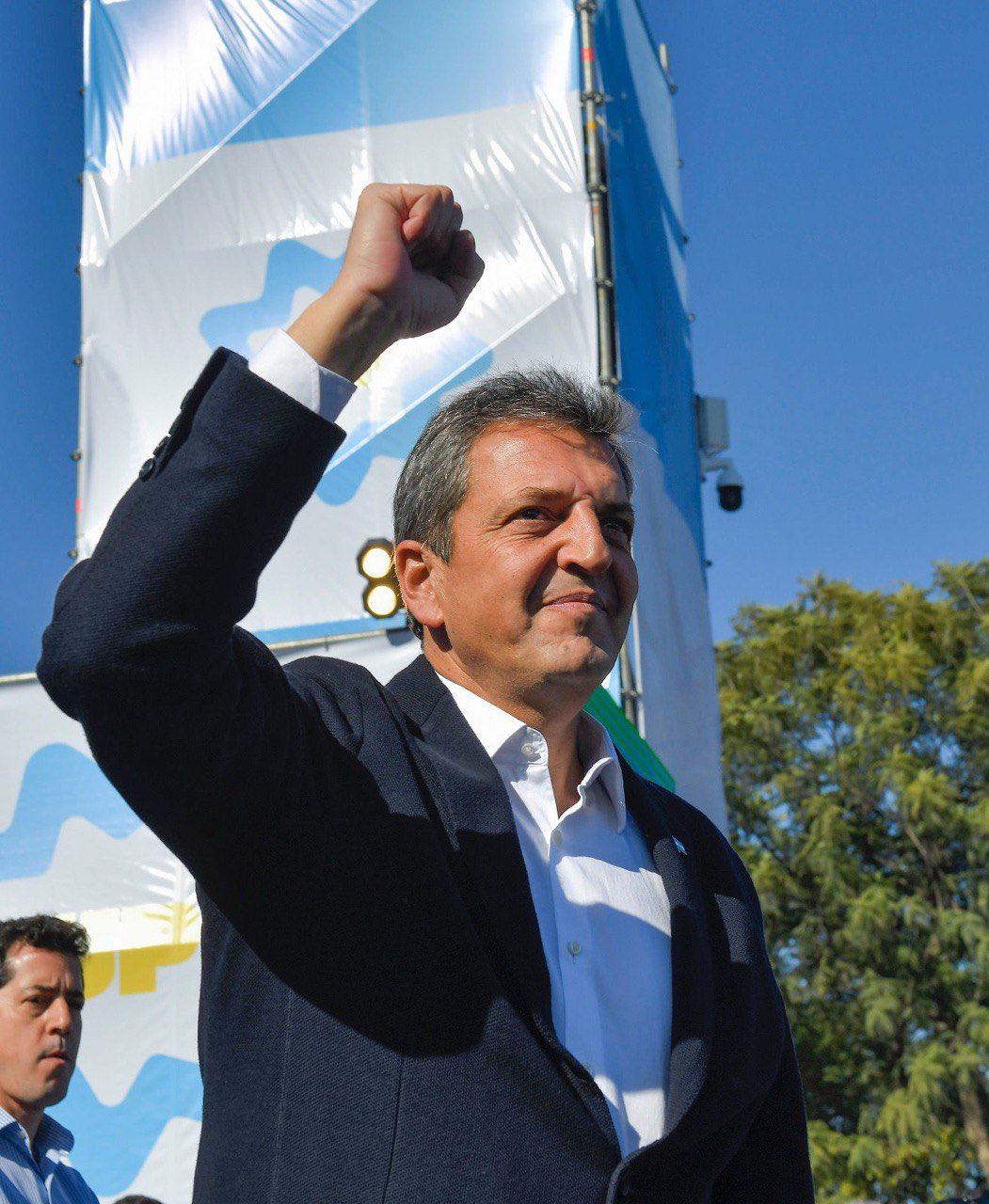Buenos Aires. In Argentina, the latest poll figures have been published for the primary elections on August 13th, which will take place as “simultaneous and open mandatory primary elections” (paso) for all parties that want to take part in the presidential and parliamentary elections in October. According to the results collected at the end of July, the Peronist and current Economics Minister, Sergio Massa, received the most votes.
The primaries are viewed as a mood barometer for the election itself. All eligible citizens can vote for any party’s candidate, but only for one or list. In contrast to the general elections, however, participation is voluntary and only compulsory for the parties. Therefore, the number of candidates’ votes is taken as an indication of their mobilization potential. Experience has shown that they also have a significant influence on the financial markets.
In recent years, the final election results have usually been far removed from those of the primary. In August 2019, for example, the result for the incumbent President, Mauricio Macri, was catastrophic. Ultimately, however, it led to the mobilization of many previously reluctant supporters, who feared a victory for the opposition. Macri was then defeated, albeit by a much smaller difference than with the Paso.
The last polls before election day are therefore awaited with increasing tension.
The current polls are led by Sergio Massa, the lead candidate of the ruling Peronist coalition Unión por la Patria. According to the Proyección polling company, he received around 26 percent of the votes. His internal party competitor Juan Grabois is well behind him with 5.2 percent.
In second place with around 20 percent is the candidate of the opposition alliance Juntos por el Cambio, Patricia Bullrich, security minister under Macri and labor minister in the government of Fernando De la Rúa (1999-2001).
Close behind is the ultra-liberal candidate Javier Milei of La libertad avanza, who would get around 19 percent according to the poll. The mayor of Buenos Aires, Horacio Larreta, party member and intimate enemy of Patricia Bullrich, lags behind with 13 percent.
Among the remaining candidates there are none that show significant results. Other polls differ from Proyección’s values, but the overall picture remains similar.
If one adds up the sum of the votes of the various candidates by party affiliation, the opposition is slightly ahead of the Peronists. This is a matter of great concern for the ruling coalition, but as is well known, it is of little value at this point in time.
Experience has shown that the electorate of a candidate who was defeated in the area code does not automatically vote for the winner. There is often a migration to other parties. Here again, the opposition is concerned that the fierce internal struggle between Bullrich and Larreta has already done too much damage and that the defeated party’s partisans might migrate to Milei or, in some cases, even to the Peronists.
The right topics in the election campaign will also be decisive. The surveys show that, in addition to inflation and rising food and living costs, citizens are primarily concerned with security and crime, low wages and ongoing corruption.
